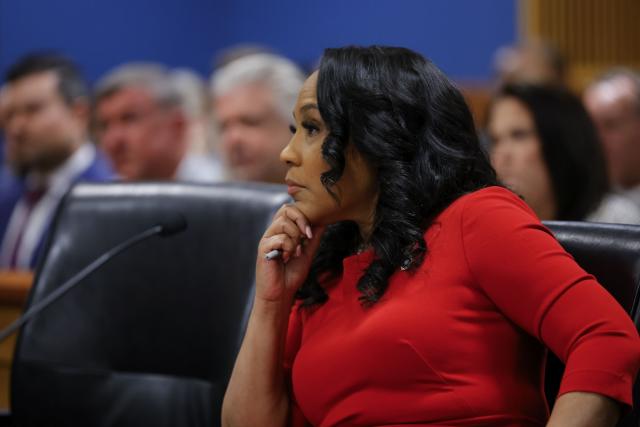Federal Prosecutors Ponder Criminal Charges Against Boeing in Wake of Deadly Incidents
Federal prosecutors are closing in on a crucial decision regarding Boeing's legal responsibilities following deadly airplane crashes.
Amid looming deadlines, discussions are intensifying between Boeing, legal representatives, and families of the 737 Max crash victims, as Fox Business reports.
Following two catastrophic accidents involving Boeing's 737 Max aircraft in 2018 and 2019, which collectively claimed 346 lives, the Department of Justice (DOJ) entered into a deferred prosecution agreement with Boeing in 2021. This agreement provisionally shielded Boeing from criminal charges, requiring in return that the company bolster its compliance and ethics practices.
Recent investigations by federal prosecutors have pointed to violations of this 2021 agreement by Boeing. The scrutiny intensified when the DOJ found this May that Boeing had not successfully implemented the mandated reforms. The findings have triggered a reevaluation of the terms of the 2021 agreement.
Legal Discussions Amid Tight Deadlines
The discussions involving Boeing's legal team from the firm of Kirkland & Ellis and DOJ officials are conducted under a significant time constraint, as stated in a recent DOJ email. Boeing is firmly advocating for the preservation of the 2021 deal, while DOJ officials weigh the merits and implications of potentially revoking the agreement.
Meanwhile, separate meetings have been scheduled between DOJ officials and the relatives of the victims to discuss the ongoing investigations and the possible outcomes. These conversations are crucial for the families, providing them with updates and a platform to express their concerns and expectations.
With the July 7 deadline rapidly approaching, all sides are under pressure. Any decision to scrap the 2011 agreement and pursue criminal charges could have significant ramifications for both Boeing and the broader aviation industry.
Recommendations and Resolutions in Progress
High-ranking officials at the DOJ have already received recommendations to proceed with criminal charges against Boeing. However, discussions about reaching a resolution remain ongoing, with no clear outcome yet on whether charges will indeed be filed.
This uncertainty is compounded by another related safety concern, pointing to ongoing issues within Boeing. On Jan. 5, a Boeing 737 Max 9 experienced a mid-flight blowout causing cabin depressurization, underscoring potential safety risks still at play.
The question of Boeing's full compliance with FAA regulations has been a contentious issue. Originally, Boeing had a chance to evade prosecutions over conspiracy charges to defraud the FAA, contingent on adhering to the reformed compliance guidelines set out in the 2021 agreement.
Victims' Families Caught in Legal Uncertainties
For families of the victims, the ongoing legal proceedings and meetings represent a mixture of hope for justice and the painful reopening of old wounds. They are closely watching the developments, understanding that the legal outcomes will significantly affect how accountability is apportioned.
The connections between these legal outcomes and the broader discussions on aircraft safety and corporate accountability in high-stakes industries are palpable. The sentiments and inputs from these families could influence the direction of the DOJ's final decision.
Overall, the situation places the DOJ in a position where its next steps could potentially redefine regulatory oversight and corporate accountability norms within the aviation sector and beyond.
Navigating Compliance and Ethical Standards
The core of the disagreement hinges on whether Boeing has met the conditions of the initial deal, specifically in terms of establishing a robust compliance and ethics program. A recent Texas court filing by the DOJ accused Boeing of failing in this essential requirement.
If the agreement is terminated, Boeing could face not only renewed legal battles but also further erosion of public and regulatory trust. The implications of such a development are vast, potentially impacting future regulatory frameworks and corporate governance standards.
As the deadline for the DOJ’s decision nears, all stakeholders involved are bracing for an outcome that could have long-lasting implications for the aviation industry and for the precedents set in corporate accountability.
Final Thoughts as the Deadline Approaches
In summary, federal prosecutors are contemplating criminal charges against Boeing for allegedly violating a 2021 deferred prosecution agreement following two deadly crashes.
The forthcoming decision, involving intense negotiations and meetings with victims' families, could reshape Boeing’s future and impact industry-wide standards on corporate ethics and safety.






